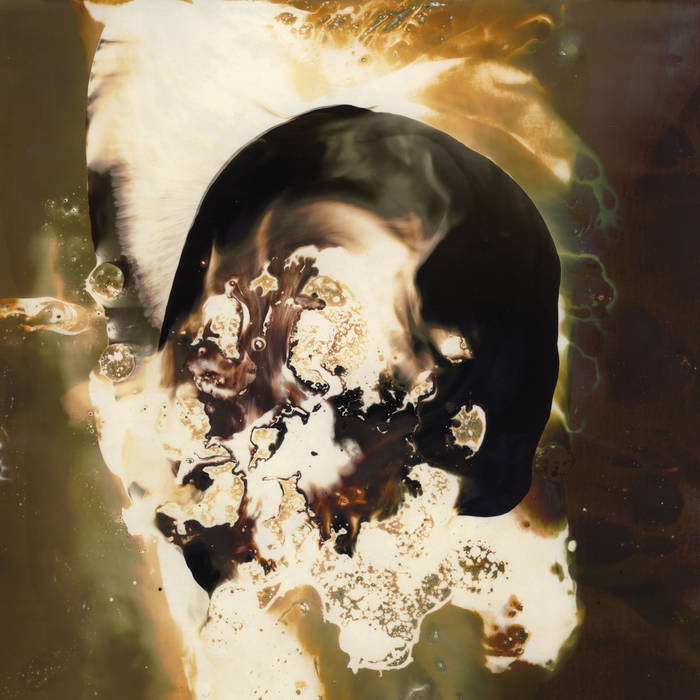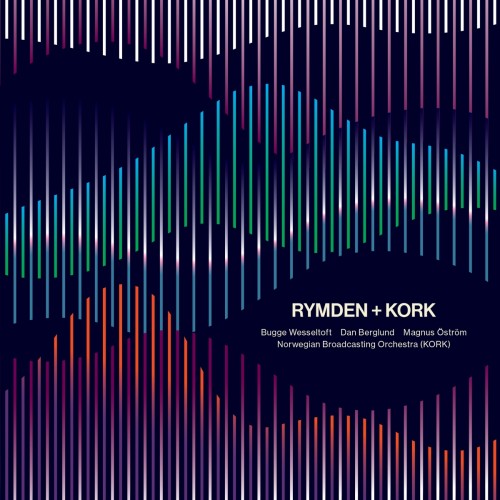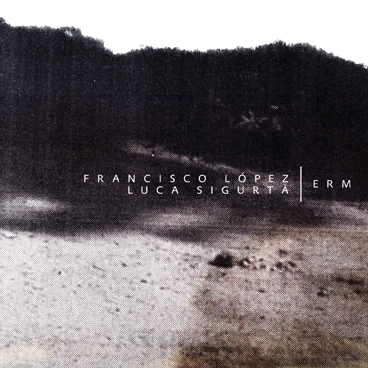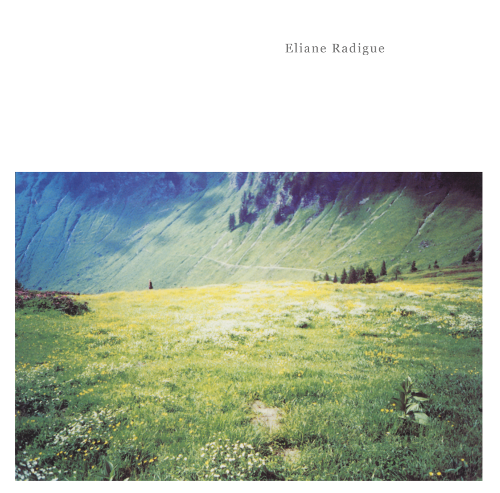 While improvisation and social activity are natural bedfellows, improvisation and relationship can be a trickier proposition. It’s a reasonable – albeit vaguely fundamentalist – argument to say that familiarity is antithetical to improvisation; the former is about learned responses, primed expectations and prior awareness; whereas the latter is about responding in the moment, dealing with the unexpected and being able to create without preparation. As two or more players get to know each other they become used to each other’s approaches and preferences. The stronger a relationship gets, the more likely it is that the players involved will have negotiated a system of complementation, compromise and shared characteristics as comfortable and familiar as any composition or idiom.
While improvisation and social activity are natural bedfellows, improvisation and relationship can be a trickier proposition. It’s a reasonable – albeit vaguely fundamentalist – argument to say that familiarity is antithetical to improvisation; the former is about learned responses, primed expectations and prior awareness; whereas the latter is about responding in the moment, dealing with the unexpected and being able to create without preparation. As two or more players get to know each other they become used to each other’s approaches and preferences. The stronger a relationship gets, the more likely it is that the players involved will have negotiated a system of complementation, compromise and shared characteristics as comfortable and familiar as any composition or idiom.
In this context it’s tempting to view this CD – the sixth collaboration between Alan Licht and Loren Connors – as an act of wilful defiance. It contains two performances, recorded in 1996 and 2006 respectively. The dates seem deliberately perverse; 1996 is of particular significance to the duo, being the year they first recorded together; and ten years is a conspicuously round number, implying that this is some kind of milestone at which they are taking stock. However, the music offers remarkably little in the way of any discernible development in their dialogue over the course of the decade. The implication is that Licht and Connors are enjoying a little mischief at the expense of over-zealous musicotheologians and their expectations of improvising relationships. To paraphrase Morton Feldman: it’s not that they’re refusing to address the problem; they’re just refusing to address it as their problem.
This approach is what we’ve come to expect from Connors. He refuses to play the games that other improvisers indulge in. He has no interest in being the fastest or distilling the broadest set of influences, nor does he deconstruct or recontextualise the guitar with unusual techniques, implements or effects pedals. His typical solo M.O. is intact here: sparse, delicately timed and gently melodic blues inflected guitar, framed with reverb and with no attempt made to disguise or correct the recording process. The humming and buzzing of amps, the slow rise of controlled feedback, the hiss and crackle of the recording medium: these are as much a part of his signature sound as the notes he plays and the space between them.
Much of Connors’ body of work has an eerie sense of continuity, as though each successive release is just a fragment of something absolute or eternal, a piece that has always been playing and always will be playing. It’s tempting to view the guitarist as a spirit photographer or Electronic Voice Phenomena enthusiast, forever trying out different locations and recording equipment in an attempt to capture the desolate fragments of melody that haunt his playing. The multi-skilled Licht seems content simply to join the older guitarist in his usual devotions, threading around Connors’ lonesome figures but never disturbing the singular atmosphere he creates. This kind of deferential, mannered approach is again almost sacrilegious in many improvising circles, in which maintaining a sense of a player’s identity is viewed as an essential aspect of the activity. Allowing a sense of confusion concerning which players are making what sounds is not the same thing as one player being deliberately subservient to another’s sound. The former can still be a signifier of ego and hubris – the need to be superficially impressive – whereas the latter is almost invariably selfless. It rather lends weight to the reading that Licht and Connors are exploring something extra-human, something they believe to be bigger than the both of them.
There will be those that dismiss this record as the lazy ploughing of an easy furrow, or as the churning over of old earth. But they would be missing the details, the subtext and the gentle subversion that makes this ongoing collaboration so compelling. Licht and Connors know all the arguments, have heard all the theories. They’re just choosing to do something else.
-Seth Cooke-



